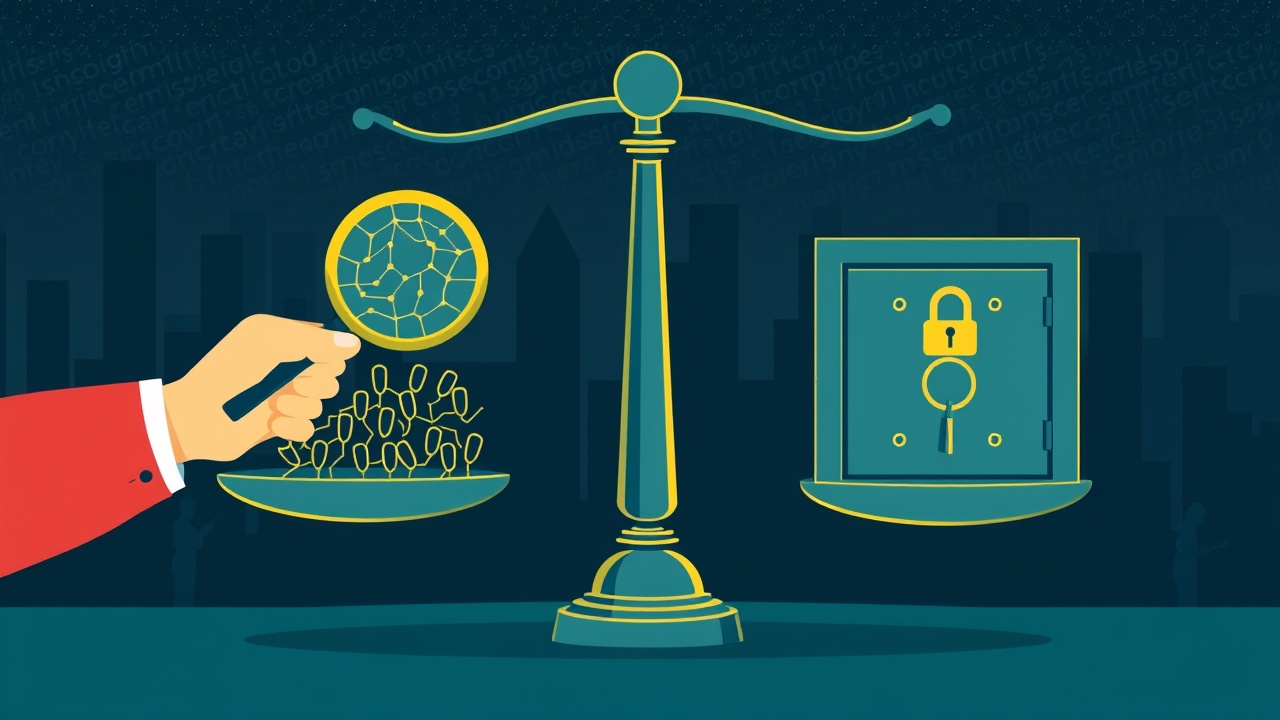Transformative Potential of ZK-Proofs
The investment division of Andreessen Horowitz that focuses on cryptocurrency has underscored the transformative potential of cutting-edge cryptographic methods, particularly zero-knowledge proofs (ZK-proofs), in achieving the dual goals of enhancing user privacy and aiding law enforcement in tackling illegal activities. In a detailed report authored by Aiden Slaven, a policy partner, and regulatory expert David Sverdlov, the duo highlighted ZK-proofs’ capability to authenticate data without disclosing private details, thereby allowing for the tracing of illicit funding sources without breaching user confidentiality.
Context of the Report
This report was released following the conviction of Roman Storm, a co-founder of Tornado Cash, a cryptocurrency mixing platform that obscured transaction origins and raised alarms among authorities for supposedly enabling criminal activities by hiding the trail of ill-gotten gains. Slaven and Sverdlov advocate that ZK-proofs could serve as vital tools at cryptocurrency cash-out points, ensuring that assets are not linked to criminal enterprises while still preserving the privacy of users during transactions.
Broader Applications of ZK-Proofs
Moreover, the utility of ZK-proofs extends beyond the financial sector; the pair propose that such techniques could streamline various tasks in daily life, such as confirming citizenship while avoiding the need to present sensitive documents, including passports or birth certificates. This innovation allows for fact verification without unnecessarily exposing private information.
Support from Regulatory Authorities
Hester Peirce, a commissioner with the U.S. Securities and Exchange Commission, highlighted similar views during her presentation at the Science of Blockchain Conference, where she advocated for the safeguarding of technologies that enhance privacy.
Scalability and Future Prospects
While the scalability of these cryptographic solutions remains a concern, recent technological advancements are making broader application more achievable. The report highlights that ongoing efforts in reducing the computational burden of ZK-proofs are paving the way for their increased usability in larger implementations. According to Slaven and Sverdlov, professionals in cryptography, engineering, and entrepreneurship are diligently refining these proofs to ensure they can be effectively integrated into law enforcement practices without infringing on individual privacy rights.
Government Insights and Other Technologies
The U.S. government’s crypto report from July noted that ZK-proofs could play a crucial role in protecting user privacy while facilitating compliance measures. Notably, JPMorgan’s Nexus, a private blockchain, successfully utilizes this technology for tokenized cash settlements and interbank communication.
In addition to ZK-proofs, Slaven and Sverdlov pointed out other promising cryptographic privacy technologies, including homomorphic encryption, multiparty computation, and differential privacy, which can safeguard private information during necessary analytical processes.
Conclusion
Finally, the authors reflect on the historical apprehensions regarding privacy in new technologies, stressing that the narrative surrounding blockchains is often erroneously simplified to portray them as either too transparent or as facilitators of criminal activity. They underscore the need for a nuanced understanding of privacy-enhancing technologies to strike the right balance between necessary transparency and robust security in our increasingly digital society.




